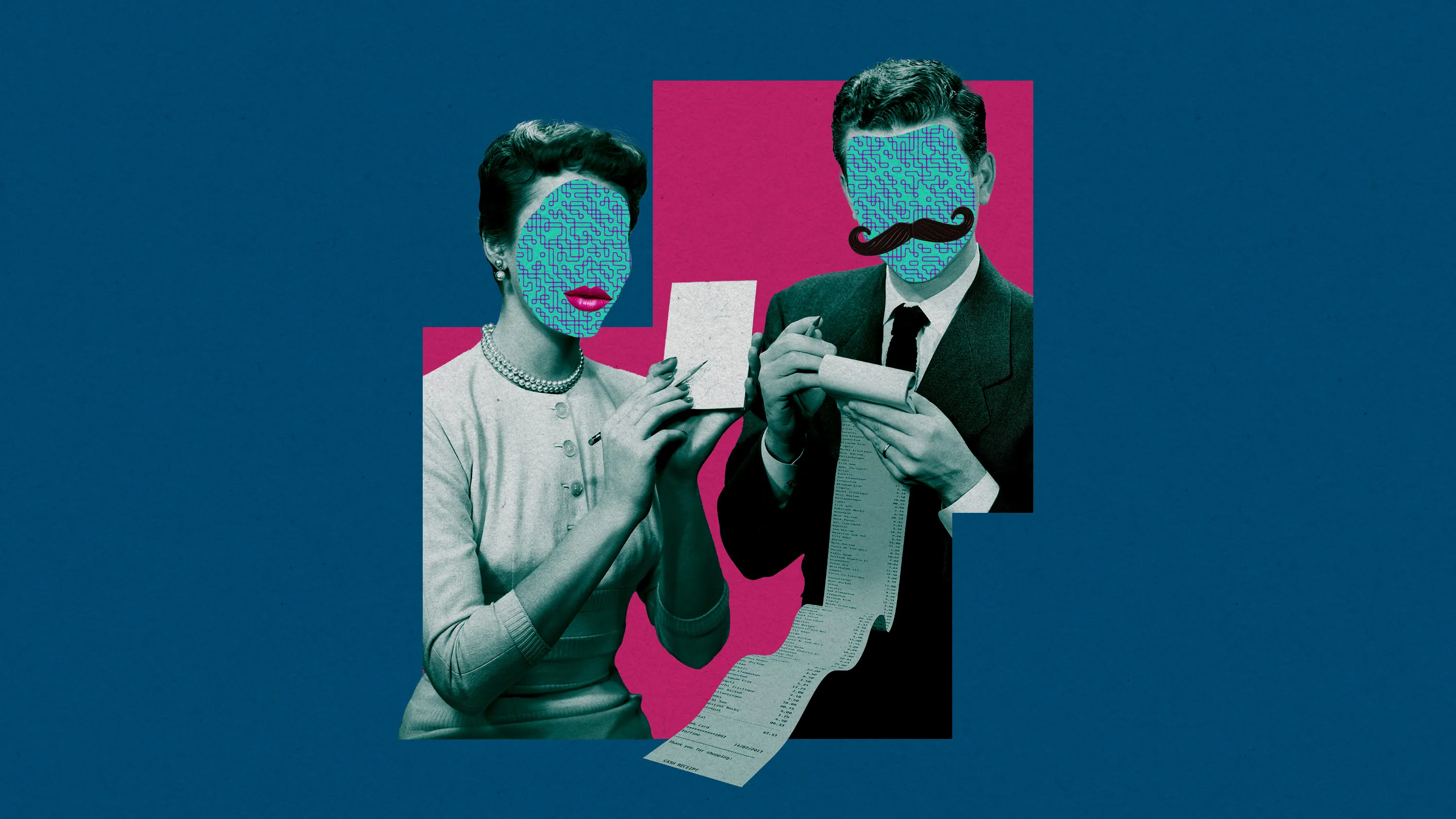OpenAI's ChatGPT: Exploration of Stereotyping in AI Models

Understanding ChatGPT's Uniform Approach in AI Models
OpenAI's recent research reveals that ChatGPT often treats users similarly, highlighting potential issues of stereotyping. This investigation uncovers biases within large language models, shedding light on AI's ethical challenges. Research indicates that regardless of the input's uniqueness, responses can mirror prevalent biases.
The Implications of AI Stereotyping
This stereotyping in AI could lead to serious ramifications in real-world applications. As AI systems become more integrated into daily life, the importance of addressing these biases escalates. Users might face responses that do not accurately represent their individuality, raising questions about the integrity of AI communication.
- Impact of AI Stereotyping
- OpenAI's Mitigation Strategies
- Future of Ethical AI
Conclusion: A Call for Responsible AI Development
The findings from OpenAI showcase the significance of continuing to refine AI models. Tackling stereotyping in AI is critical to maintaining user trust and ensuring that technology serves humanity without bias.
This article was prepared using information from open sources in accordance with the principles of Ethical Policy. The editorial team is not responsible for absolute accuracy, as it relies on data from the sources referenced.